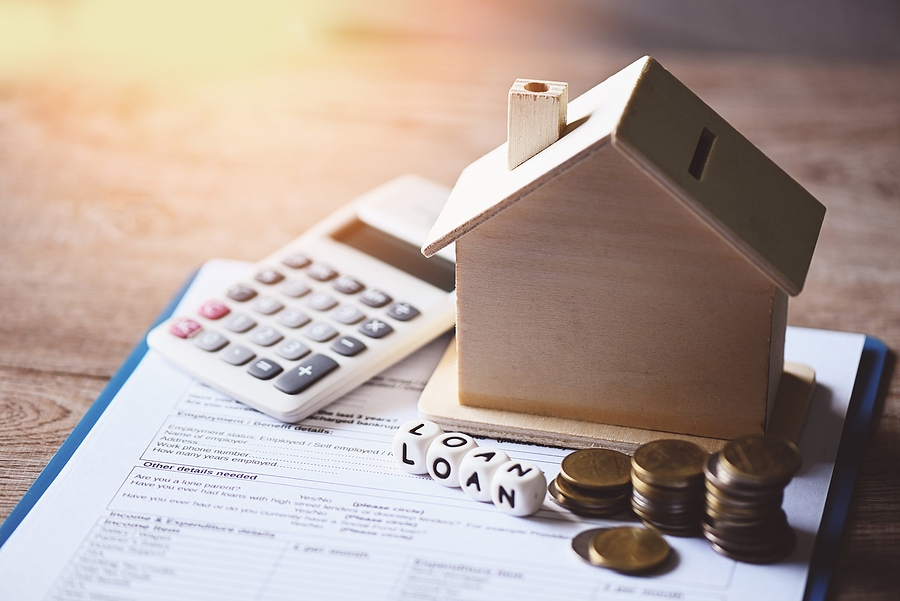Many people share the dream of buying a home. While it’s easy to get caught up in the excitement, you must realize that it’s a significant financial undertaking.
The total cost will depend on a variety of factors, including the location and type of home, the state of the housing market, and the financing options you choose.
According to The Zebra, the average home price in the U.S. is $348,079 in 2022. With this in mind, let’s examine some of the primary costs associated with buying and maintaining a home.
One of the primary costs to consider when buying a home is the down payment, which is typically a percentage of the purchase price.
A down payment is usually required to secure a mortgage, and the amount you will need to pay will depend on the lender’s requirements and the type of mortgage you choose.
In general, a down payment of 20% or more will allow you to avoid paying private mortgage insurance (PMI), which is an additional fee that lenders charge to protect themselves in case you default on your loan. However, there are options for lower down payments, such as government-backed loans — like the USDA program — that allow for down payments as low as 0%.
Other costs to consider when buying a home include closing costs, which are fees that are associated with processing and finalizing the mortgage and sale of the home.
These costs can include things like lender fees, title insurance, and property taxes. In general, closing costs are typically between 2% and 5% of the purchase price, although the exact amount will depend on your lender and the location of the property.
In addition to the upfront costs of buying a home, you will also need to budget for ongoing expenses, such as mortgage payments, property taxes, and insurance. The amount you will need to pay for these expenses will depend on the terms of your mortgage, the location and type of home, and your personal financial situation.
Finally, it’s important to consider the potential for unexpected expenses when buying a home, such as repairs or renovations. It can be helpful to set aside a portion of your budget for these unexpected costs or to consider purchasing a home warranty to help cover the cost of certain repairs.
Overall, the cost of buying a home can vary significantly, and it’s important to carefully consider all of the costs and budget accordingly. By working with a real estate agent and a loan professional, you can develop a clear understanding of the costs associated with buying a home. With that, you’re able to make an informed decision about whether now is the time to take action.
